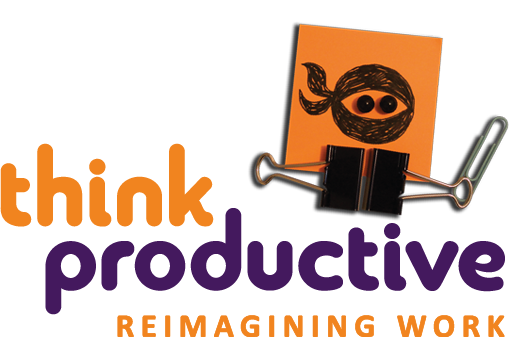“A is for Attention”
Your attention is one of your most invaluable resources and often more limited than your time. Have you ever got to the end of a day where you’ve still got loads to do, you’re still motivated to do it and you have all the tools or information that you need, yet you’re still just staring into space? Under those circumstances, you’ll often tell yourself you ran out of time, but actually you just ran out of attention.
There are several ways you can manage your attention. Likewise, it’s possible to manage your mind and body to give yourself a better quality of attention by considering organizational structures, technology habits, psychology, nutrition and other practical stuff.
Attention as an Art
The ‘art’ of attention management and productivity lies in finding your own personal formula for getting into a state of what psychologists call ‘flow’ and what Buddhists call ‘Zen’: the ability to be present, in the moment, focusing your attention only on the one thing you want to focus it on. Most people experience this fleetingly, usually in moments where you’re up against a deadline and that deadline means you forget your hunger, you forget the other 10,000 things you could be doing at that moment and you’re 100 per cent engaged in the work. Or you experience it because you’re in a crisis and there’s one thing that’s so big it commands all of your attention. But it is possible to reach this level of Zen-like calm regularly in your work – you just need to make some effort eliminating distractions. (We’ll come to that later.)
The art of attention-based productivity is personal, less predictable and in some ways unique to each of us. In her book, ‘The Artist’s Way’, Julia Cameron talks about creativity being like an ‘inner child’, and we know what children need: protection, nurturing, motivation, food, teaching, safety, to be listened to, to be treated as an individual and to be free from stress. So one key productivity lesson is to learn to be a bit kinder to yourself. The truth is too many people are quick to beat themselves up when things don’t go their way, but a cycle of ‘stress, lower productivity, more stress, even lower productivity’ isn’t good for anyone. Our instincts and sense of guilt often favour the stick not the carrot.
Attention as a Science
The science bit of attention is in the organizational structures, the use of tools and technology, the building on what you know has worked in the past (for you and for others) and in maintaining a regular ‘feedback loop’ where you spend some of your attention being conscious and mindful around your own habits and analysing what’s working for you and what’s not. When most people think about ‘productivity’ as a subject, they think about the science stuff. They read productivity websites that have articles called things like ‘Seven great new android apps’ and ‘What Mozart knew about productivity’.
To order my new book “Introducing Productivity” simply click here!

